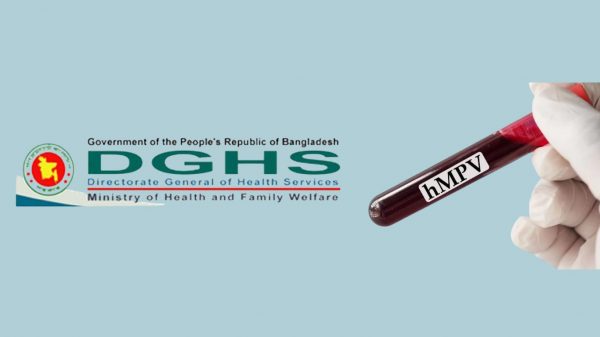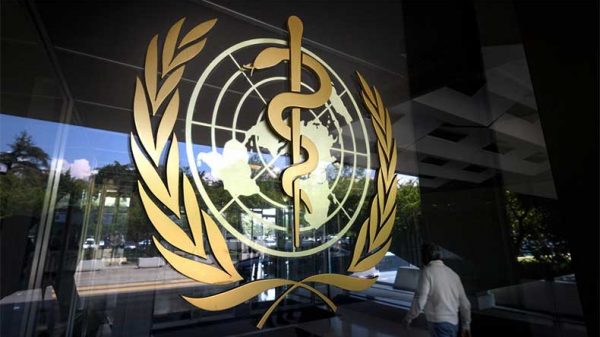Shawdesh Desk:
Pharmaceutical companies in Bangladesh are spending approximately Tk6,000 crore annually on activities associated with medicine promotion, including payments to doctors and medical representatives. Despite this, there is no advertising focused on the quality or effectiveness of medicines. This lack of awareness leaves consumers in the dark, often falling victim to deceptive practices without any recourse. Patients are entirely dependent on doctors, who are influenced by pharmaceutical companies, leading to potentially harmful prescribing habits.
Many patients, relying on old prescriptions, face risks by consuming medicines without updated medical advice. Meanwhile, pharmaceutical companies use unethical means to manipulate the market by offering incentives such as refrigerators, TVs, cars, flats, overseas trips, and cash to doctors. Experts stress the urgent need for public awareness campaigns about the quality and effectiveness of medicines so that consumers can make informed decisions rather than blindly relying on doctors influenced by corporate interests.
Role of Doctors and Pharmaceutical Companies
Doctors, lacking adequate monitoring, often prescribe unnecessary medications to bolster pharmaceutical company profits and increase their personal earnings. While this benefits companies and some doctors, it compromises the health of millions. Despite laws restricting medicine advertising under the Directorate General of Drug Administration (DGDA), these regulations often remain ineffective in addressing unethical practices.
Former Chairman of the Department of Pharmacy at the University of Dhaka, Professor ABM Faruk, highlights that pharmaceutical companies frequently target senior doctors with extravagant gifts, setting a precedent followed by junior doctors. These doctors, influenced by incentives, prescribe medicines from specific companies regardless of necessity. Medical representatives monitor prescriptions and report back to their superiors, ensuring compliance.
“Patients blindly trust prescriptions without knowing about the medicine’s effectiveness. Basic awareness can help avoid this unnecessary reliance,” Faruk noted.
Dirty Marketing Practices
A recent report by the Bangladesh Institute of Development Studies (BIDS) revealed that over 29% of pharmaceutical companies’ turnover is spent on marketing activities. The country’s medicine market has already surpassed Tk20,500 crore, with more than Tk6,000 crore allocated solely for marketing, primarily through unethical practices targeting doctors.
As a result, an entire professional class of medical representatives has emerged. These representatives influence doctors, persuading them to prescribe their company’s medicines, often with little regard for the medicine’s actual efficacy.
Impact on Public Health
Experts warn that such unethical practices not only raise the cost of medicines but also allow less effective and more harmful drugs to infiltrate the market. The absence of clinical trials and rigorous testing exacerbates the issue, with potentially dangerous medicines receiving approval without proper evaluation.
Professor Faruk states, “The influence of pharmaceutical companies is so strong that medicines often gain approval without adequate scrutiny. The primary goal of these companies is profit, not public health.”
Dr. Syed Abdul Hamid, Professor at the Institute of Health Economics, University of Dhaka, stresses the need for stricter oversight of doctors. “Doctors must be held accountable for their earnings and prescribing practices. The current system encourages unethical behaviour, raising medicine prices and exposing patients to ineffective or harmful drugs.”
Experts Call for Reform
Specialists advocate for transparent advertising of medicines, including their quality and efficacy, through the media. Such measures would empower consumers to make informed decisions based on their own judgment. In addition, authorities must address the lack of skilled personnel at the DGDA, as this deficiency poses significant risks to public health.
Experts also emphasise the need for stringent monitoring to curb unethical practices in the pharmaceutical sector. “Manipulation of public health for profit must stop. Transparent promotion of medicines is essential to ensure patient safety and informed consumption,” Faruk concluded.
While Bangladesh’s pharmaceutical sector has gained global recognition, its internal marketing and regulatory practices require significant reform. Without such changes, the lives and health of millions will remain at risk due to deceptive and unethical practices by pharmaceutical companies.






























Leave a Reply